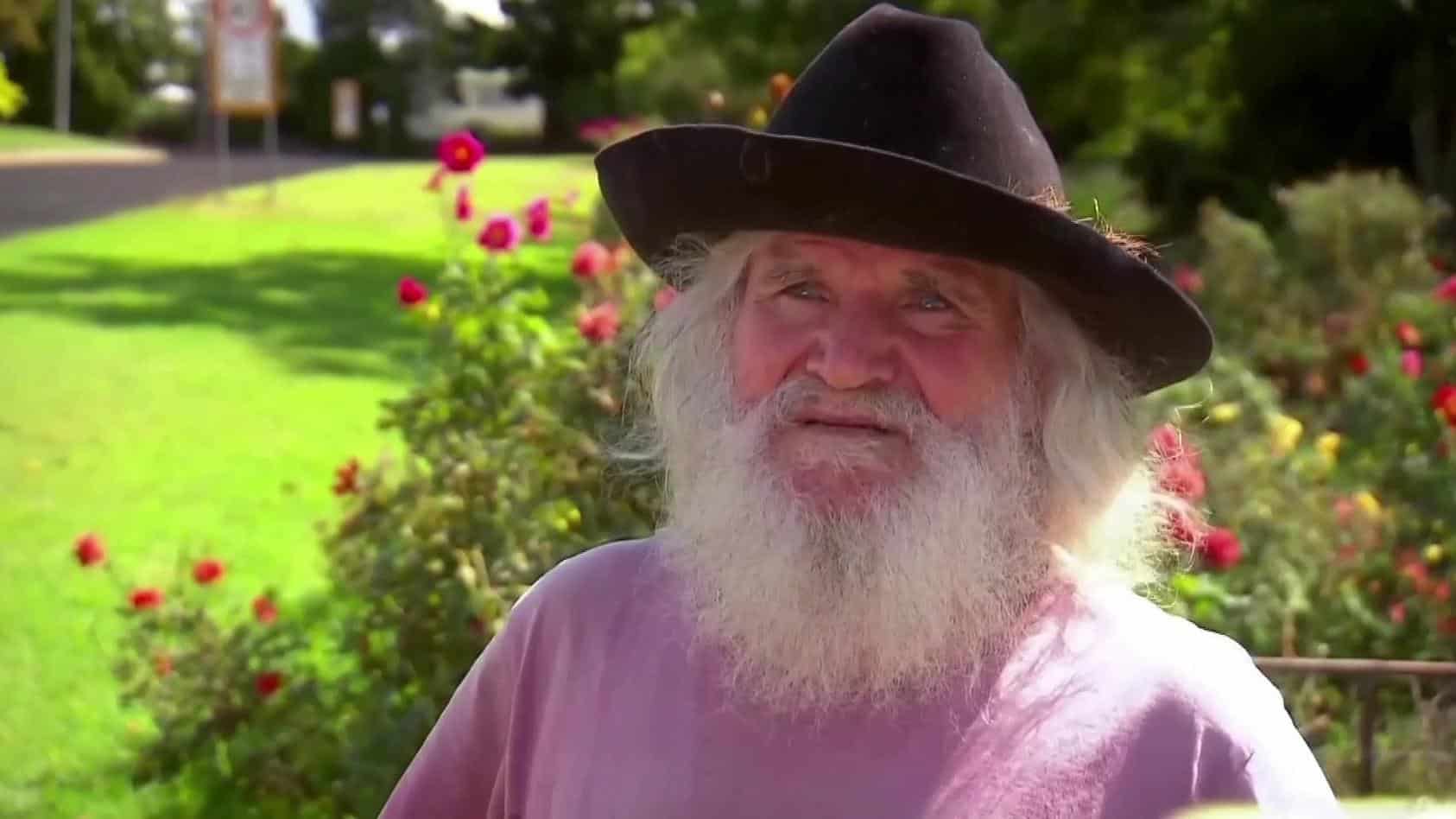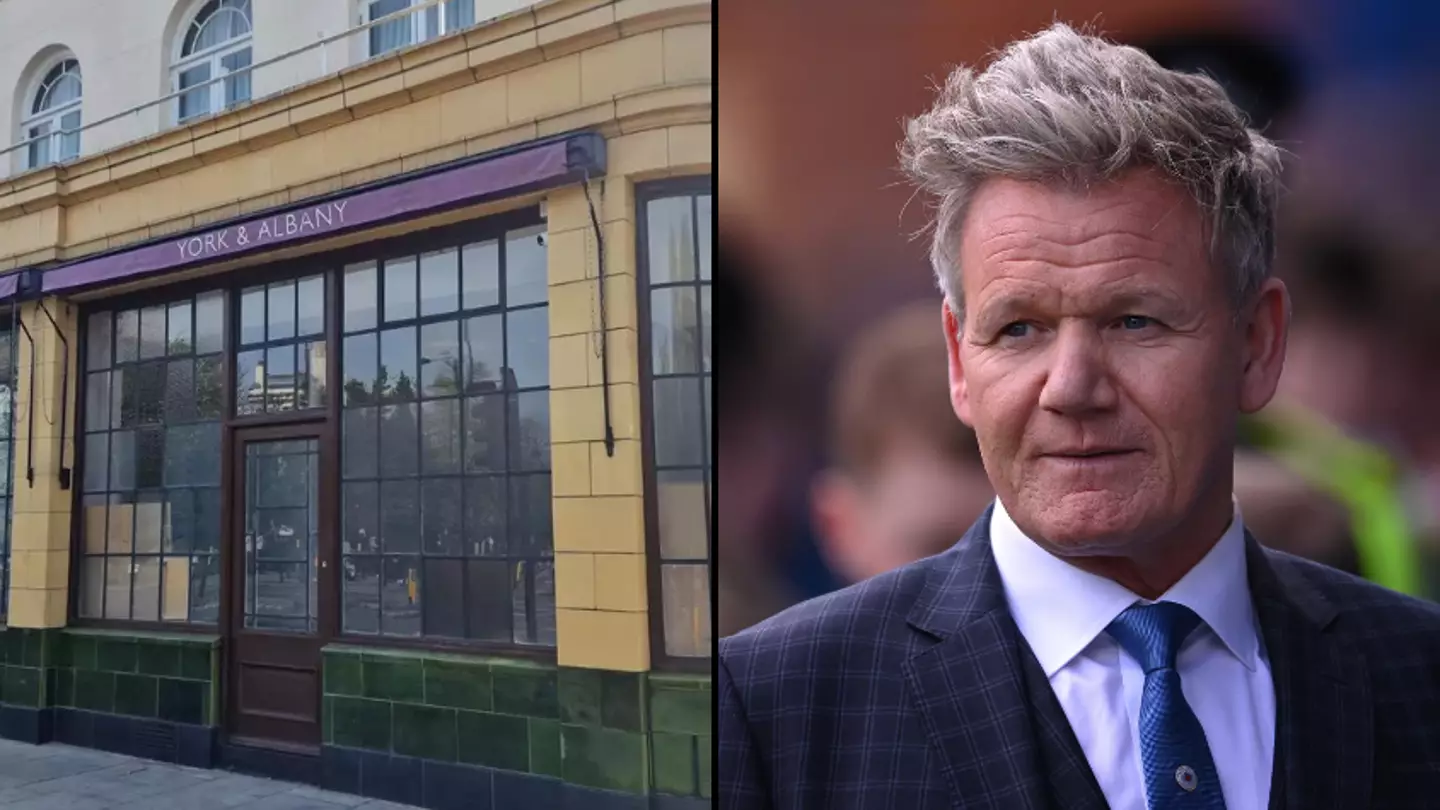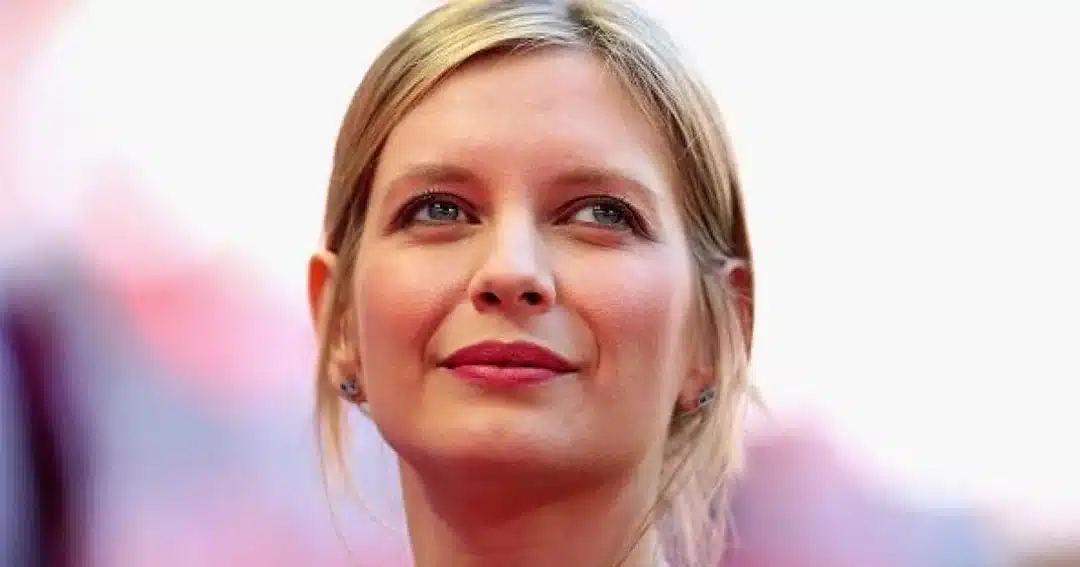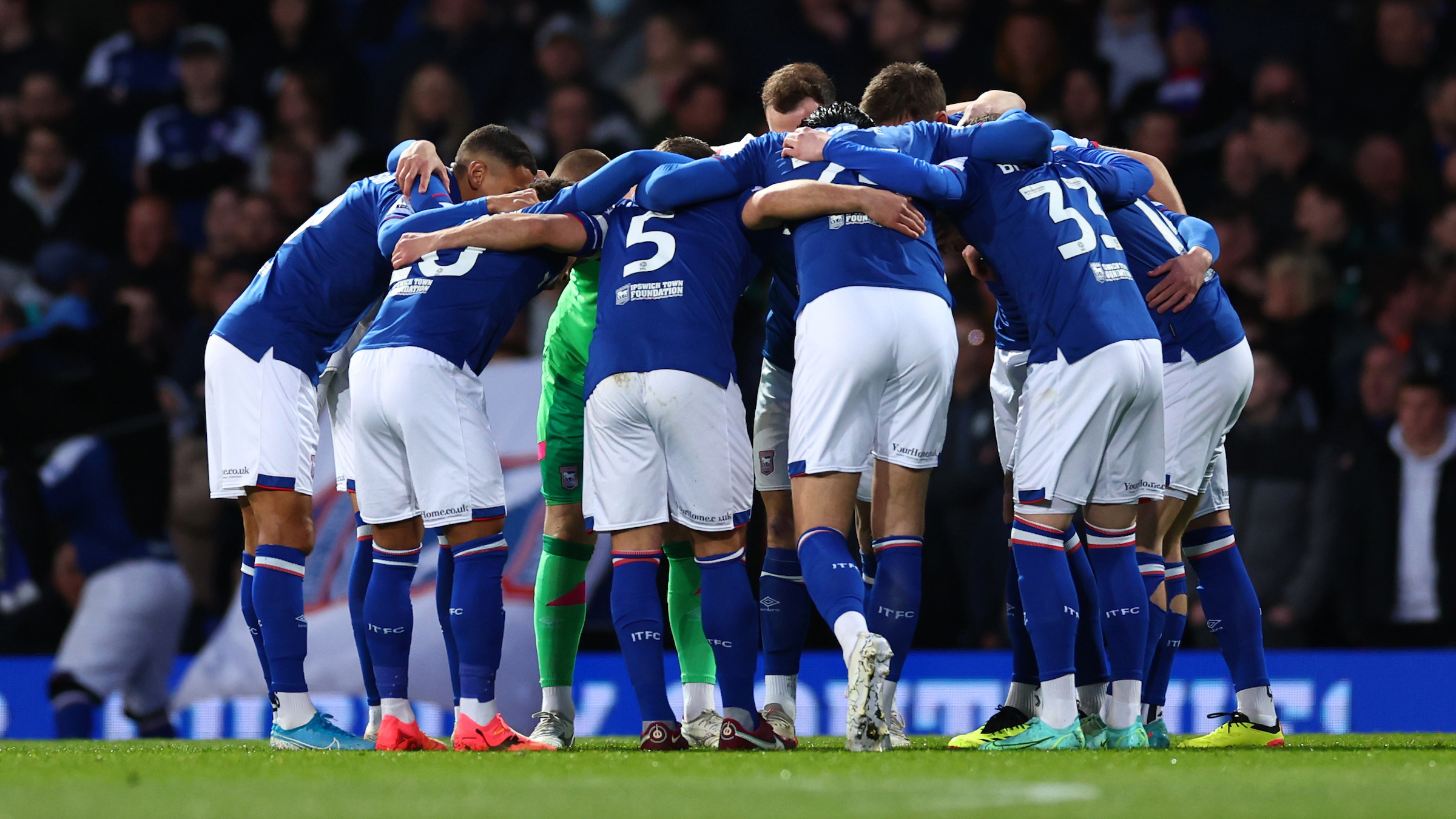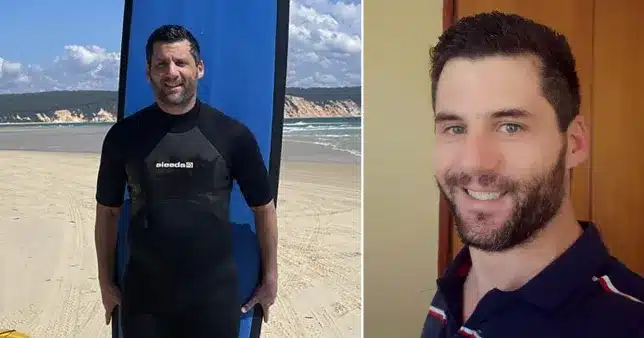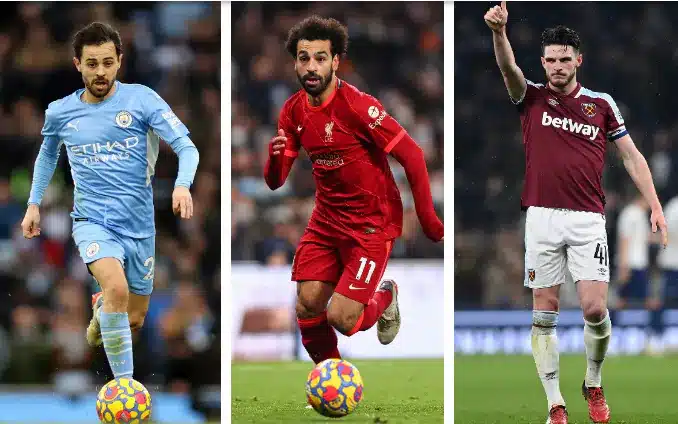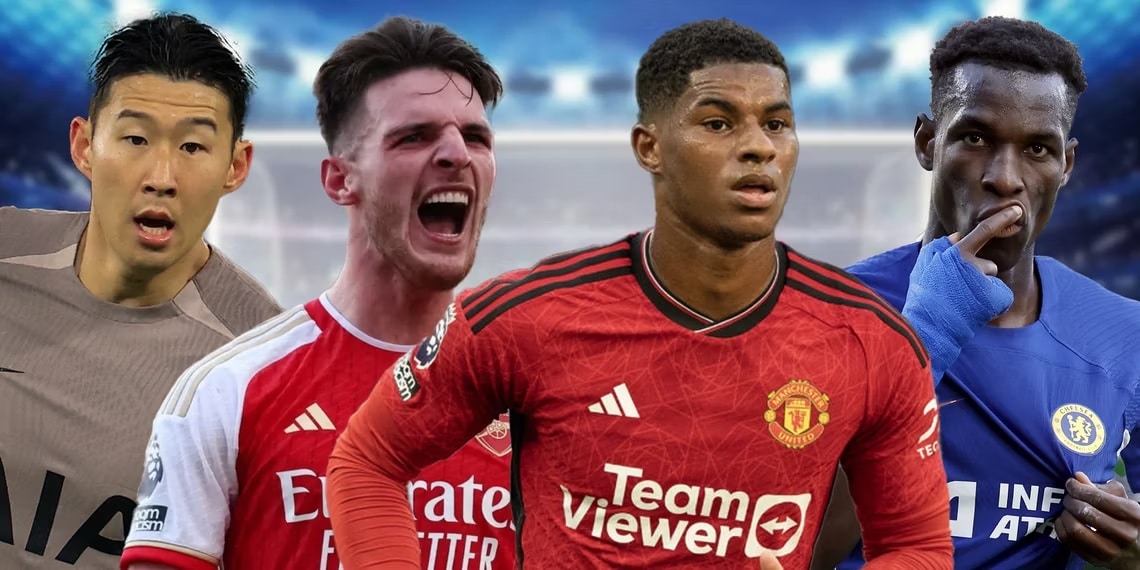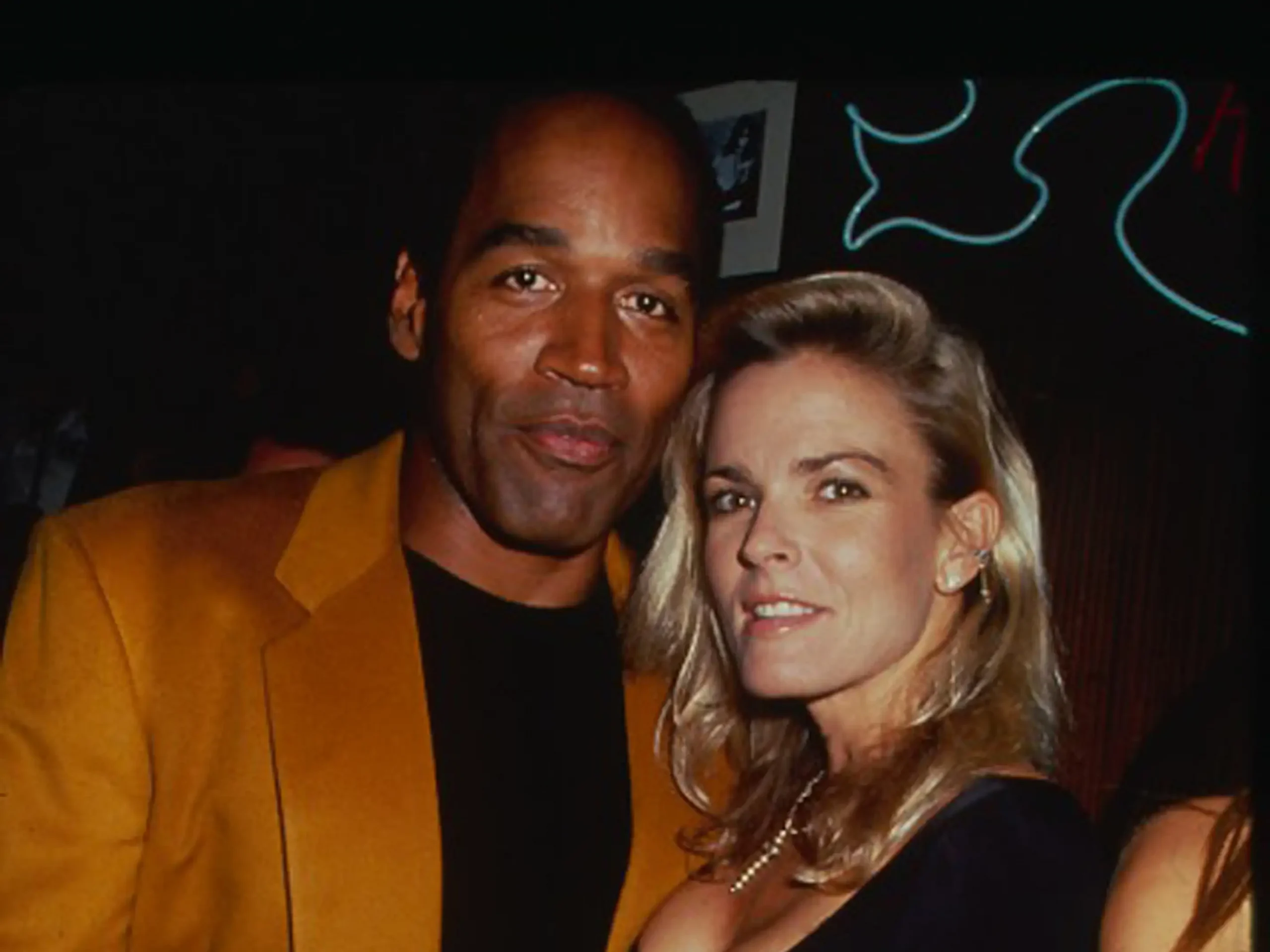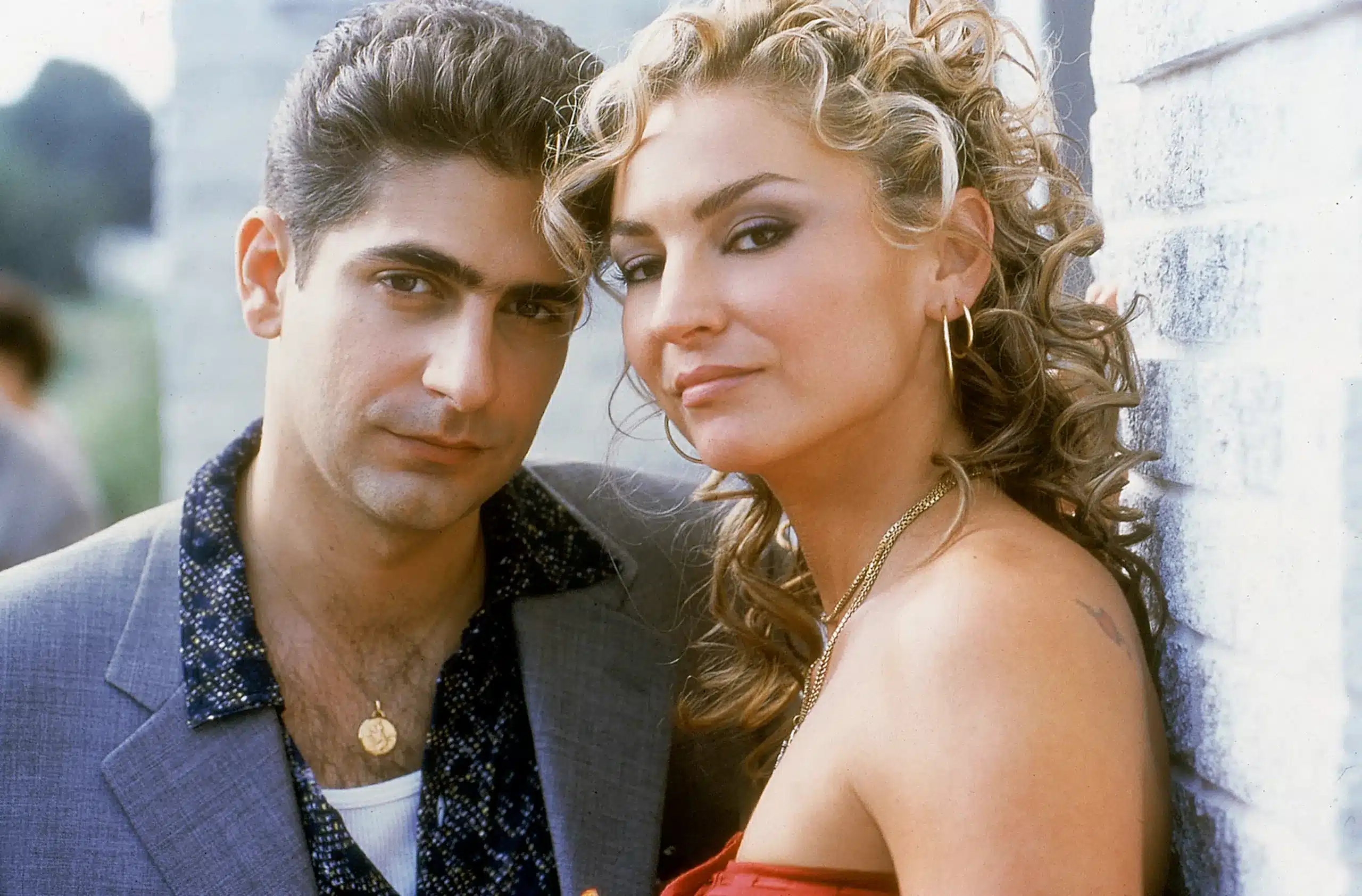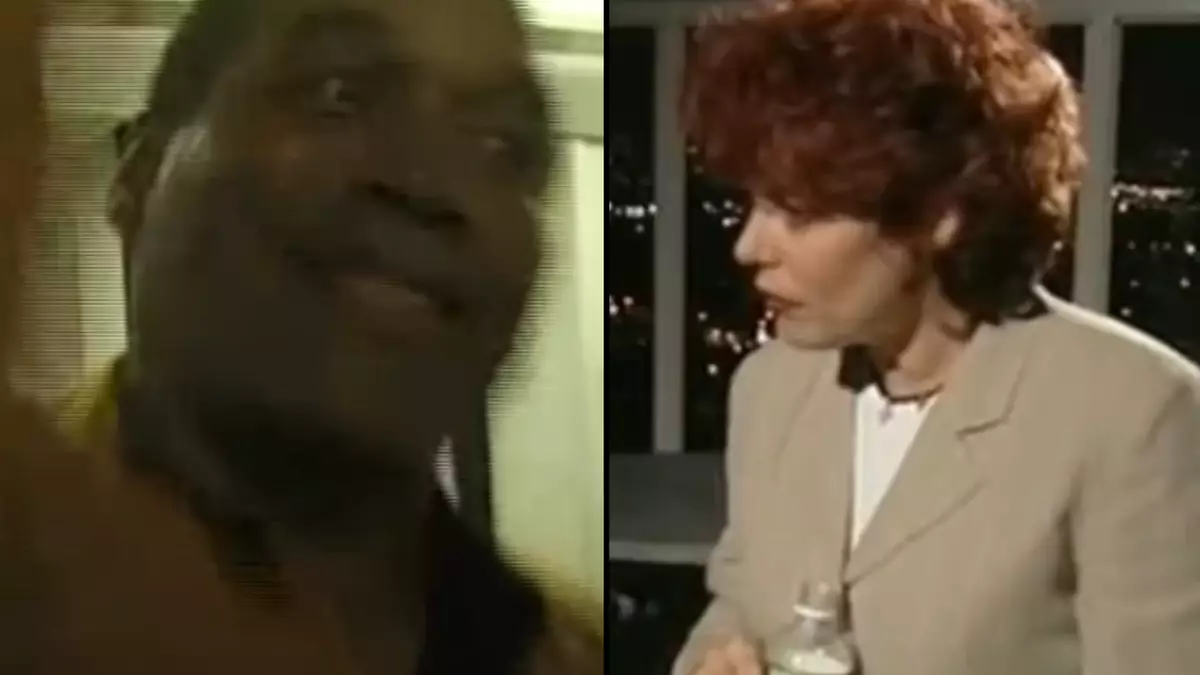
I’ve done some research for this one so I can bring you some facts to back up how painful this video that Google have released is.
I’m just gonna show you the video first so you can have the same reaction I did after it came up in my related videos side-bar, without any context or explanation. It was put up on YouTube three days ago and so far it’s on about 150,000 views, with a like/dislike ratio of about 60/40.
[yframe url=’http://www.youtube.com/watch?v=BxbX9qhbhMU’]
I know, right? Don’t you just completely hate Google now? I mean, I didn’t like them before; I didn’t really have an opinion on them. They used to be just this mysterious enigma that worked behind the scenes of my life, giving me loads of useful things, trying to be as cool as Apple, but not making me actually think about them at all. But now, suddenly, I have an opinion, which is that I think they’re all twats.
Here are some comments on YouTube. By the time you’re reading this there’ll be loads more.
“Bunch of hipsters carrying the flag for corporations. Wicked sick, bros. Go fuck yourselves.”
“He should change his rapper name to G-Fail.”
“this upload gave me aids >_>”
“Thanks to this video I now only have one eye. Gouged the other one with a rusty nail.”
“ugh”
Obviously there’s nothing hipster about it at all, but I like the aggression, so I still put that first one in.
But the strange thing about the video, which lead me to delve further into it, was that it’s called “Fink – Welcome To Google”, and the description says, “Fink is a Google employee out of the NYC office.” and has a load of links to his Bandcamp and Facebook. And then I realised it wasn’t even uploaded by Google, but by Andrew Fink himself. So I went to his channel and found a load of rap tracks with lyrics running up the screen in the style of a half-assed nod towards the text from the Star Wars intros.
Here’s one:
[yframe url=’http://www.youtube.com/watch?v=un-toBtVh5Y’]
So the guys sucks. Even if sometimes a few of the lines aren’t bad, it sounds horrible to listen to. He doesn’t have a nice voice. And that’s fine. It wouldn’t bother me for there to be a guy trying to be a rapper who happened to be bad. There’s millions of them. That’s not a problem.
But then I looked into him a bit more because I’m nosey and because it’s quite funny that I’m using Google to search for him.
There isn’t much on his Facebook except links to his mixtapes on his Bandcamp, which feature him rapping about taking 10 years to release something after starting writing lyrics at the age of 12. I don’t really know that much about rap music, but it definitely has a vibe of more older skool hip-hop from maybe the 90’s with all the samples and beats he uses, and he talks a lot about wanting his stuff to be authentic and go back to the old days when it was just about the words. So it seems like he’s coming at it all from the right perspective and at this point I was still thinking that I wouldn’t have a problem with this guy… if it wasn’t for this stupid track that he made about Google, which is making me think that all this talk about authenticity is just complete bullshit.
So this guy was still intriguing me and I went back to his Facebook and found this interview that he did for PensEyeView.com, who seem to be a little blog who literally just go around interviewing anyone who’ll give them the time of day. Most of it’s really boring generic stuff about a guy who happened to grow up perfectly in-line with the catastrophic downfall of rap from the Biggies and the 2Pacs of the 90’s to the Lil Waynes and the A$AP Rockys of today. (Seriously, if they could see us today…)
But there’s this one question that PEV ask, “How did you first get into the music business?”, and Fink’s answer makes everything start to fall into place:
Well it’s funny because I’ve been writing lyrics since I was 13 years old. Even back then I remember talking to people and explaining why my image and persona fit into the rap scene because of how different I was from anyone else who was out at the time. I didn’t realize it then, but I was discussing one element of how I wanted to be marketed. That kind of self-awareness has stuck with me and was part of the reason why I pursued a Degree in Marketing with a Minor in Music Business and Entertainment Industry. I always read books about the music business before I even went to college, but receiving an education focused on both general business and music business really made me start viewing my role in the music industry differently. Everyone can make music, but everyone can’t generate money from his or her music. This distinction between music being just a hobby or a career made me rethink my entire approach. Instead of just being absorbed in the composition side of music, I became very concerned with understanding music’s revenue streams as well so that I could have a hand in the business side of the music too.
It all becomes clear.
He was a teenager and he backed himself as a rapper. He saw P-Diddy swimming in money on MTV and he thought, “That’s gonna be me.” And then as he grew up he realised that in the modern industry, being good at rapping doesn’t count for shit – you’ve gotta be marketable. You’ve gotta have an image that people can sell. So he went to college and got a degree in Marketing, Music Business and the Entertainment Industry so that he knew exactly how to market himself and sell his persona, so that he can make as much money as possible from his talent for rapping.
Problem is: he just ain’t that good at rapping. Oh, and now he also happens to a white guy with a college degree in marketing, with absolutely no connections in the music industry. Didn’t really think that one through did you, Andrew? Birdman can’t market that shit.
So he went from ‘probably never making it as a rapper’ to ‘definitely never making it as a rapper’.
But then, a few years later, his degree has landed him a job at Google. So he’s sitting at his desk and a light-bulb comes on.
“Google! I work at Google! One of the most famous things in the world!”
So he writes a song about working at Google and then asks for permission from the powers above to make a video and put it on the internet. The powers above say yes, because they’re idiots and haven’t looked into how whack this guy is and how lame the whole thing will come across to the public, and suddenly he can ride off the back of their success to expose himself and his rapping ability to millions.
Or, alternatively, the powers above notice that he’s a rapper and assume he’s quite “hip” and ask him to make a track for them. They probably offered him a bit of money but the main thing they offered him was full credit and publicity for the track, allowing him to suddenly be able to ride off the back of their success to expose himself and his rapping ability to millions.
Either way, it’s fair to say that Andrew Fink sold out. Big time.
So what we have here is a guy who can’t rap, but has a strong understanding of business. And yet now we find him on our computer screens, rapping at us through sunglasses via a powerful brand, i.e. Google.
Now consider this: what if Andrew Fink was black? What if, instead of the android thing and tech-nerds with stupidly oversized dress-up-shop necklaces dancing around behind him, there were a load of hot semi-naked girls and other black guys with stupidly oversized gold necklaces bobbing their heads behind him? And what if, instead of being set in the ‘Googleplex’, it was set in the VIP room in the back of a club? And what if, instead of rapping about being part of Google, and how they run the cyber world, he was rapping about being part of Cash Money, and how they run the music world?
With a better production value, how different would that video be to exactly the kind of videos that get over 100,000,000 views on YouTube? How different would that track be to exactly the kinds of tracks that get blasted out in nightclubs every night?
Please, someone explain the difference to me. Because from where I’m sitting, Andrew Fink is the living proof that business skills and marketing ability have replaced music- and lyric-writing talent as the key features required at the top of the music industry.
I’m not really complaining, to be honest. If you don’t want to hear the money-driven manufactured music, it’s easy to avoid it. And it’s not hard to find good music. I just think it’s important to point out, to all the people that are happy to only listen to the Nicki Minajs and Drakes of today, that they’re not listening to music – they’re listening to business.


